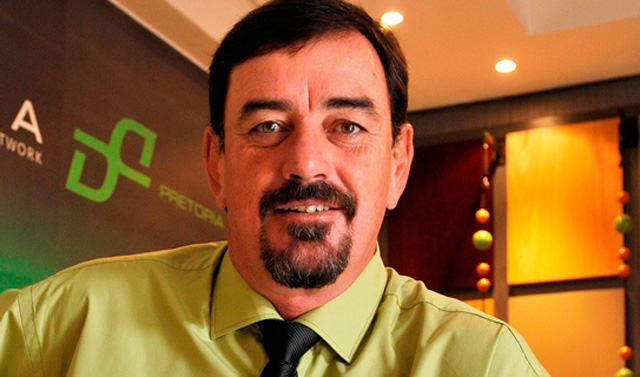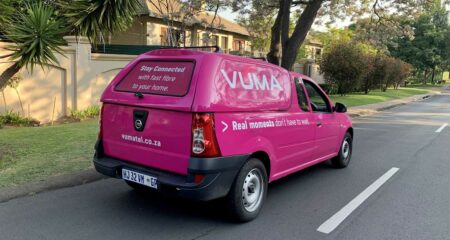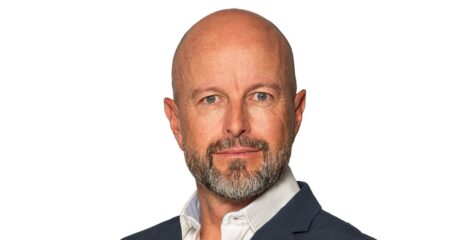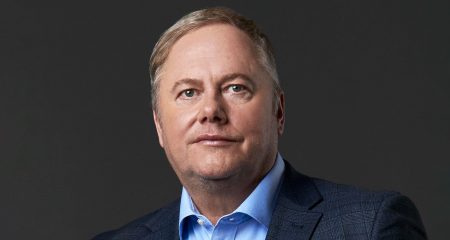
It will cost R28bn to take high-speed fibre-optic broadband infrastructure into 1,5m South African homes. That’s the estimate by Dark Fibre Africa CEO Gustav Smit, who says there is no proper business case for fibre to the home on a mass scale yet, only into what he calls “high economic value areas”.
Dark Fibre Africa, which is building national long-distance fibre infrastructure as well as metropolitan networks, believes the lack of “fibre tails” into buildings is now the biggest bottleneck to delivering next-generation broadband speeds to South African consumers.
“There are some companies starting to build small ‘last-mile’ rings,” Smit says. “It’s a business case thing, so they will obviously start in Sandton and the economic hubs of SA before they go into the towns.”
He says communities need to become more vocal if they want companies to deploy high-speed fibre networks in their neighbourhoods.
“If consumers don’t ask service providers for quotes, nothing is going to happen, especially when it comes to fibre to the home,” he says. “You see a lot of people online saying they want home fibre, but it’s one out of 100 people living in a particular suburb. If you have one customer at the end of a piece of fibre, it’s too expensive, but if, as a community, we don’t ask for services in numbers, it will never happen.”
Smit says that to get broadband to all South Africans, there is an urgent need to get government agencies to work together to facilitate the rapid deployment of infrastructure. “We are working at the ground level, installing fibre, but the owners of state property — the roads, etc — make it difficult for us,” he says.
“There’s no clear policy or direction. We walk into people who call themselves ward councillors who simply ask for a bribe. Most of those areas are, unfortunately, the underdeveloped areas,” Smit says.
“As an industry, we need to solve that problem, but it needs to come from the government side. We simply don’t bribe. If we are not allowed to work in those areas, we don’t build in those areas.”
He says that when Dark Fibre Africa built a transmission link from KwaZulu-Natal to Gauteng along the N2 route, one town in Mpumalanga — he doesn’t name the town — refused to grant the company way leaves to deploy infrastructure. “We had to go around the town,” he says. “That town won’t have proper broadband for a long time.”
Smit also laments government’s involvement in building fibre infrastructure in instances where it simply duplicates existing routes that have been built by the private sector. Pointing to the Johannesburg’s broadband project, BWired, he says the city is duplicating 700km of infrastructure already built with private money.
“That’s duplication of stuff we don’t need in South Africa,” he says. — (c) 2012 NewsCentral Media




